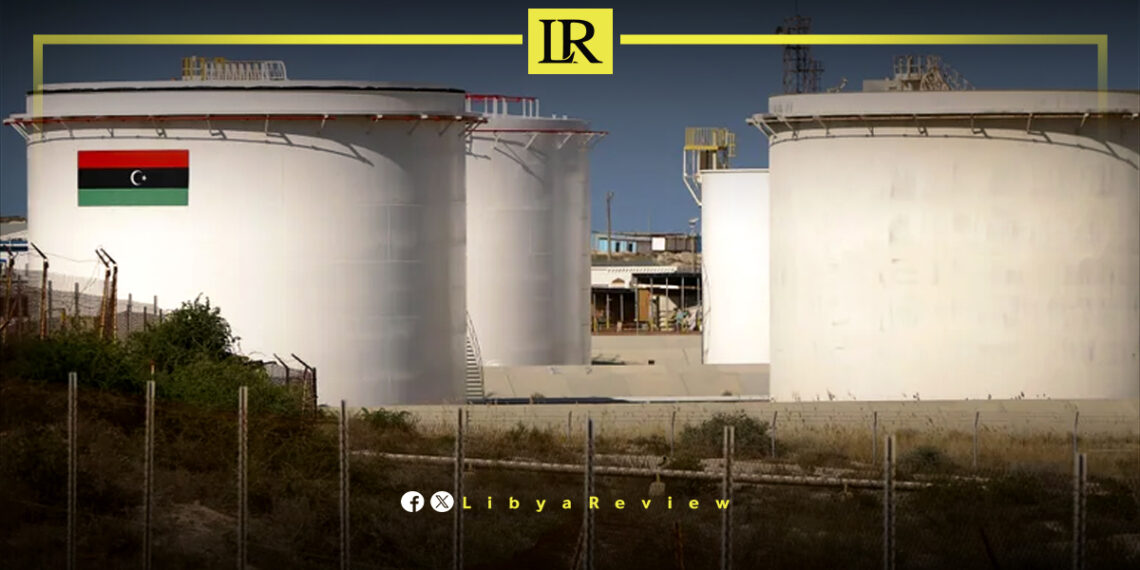Libya’s crude oil exports surged significantly last week, hitting around 550,000 barrels per day (bpd), according to data from Kpler and a shipping agent, as reported by Reuters.
This represents a threefold increase compared to the previous week’s output, marking a notable recovery for the OPEC member, despite ongoing political instability.
Several oil tankers, including the Flavin, Pacific Pearl, Ghibli, and Delta Atlantica, were loaded with crude oil at Libyan ports and set sail for European destinations starting from September 9, signaling Libya’s growing role in supplying energy to Europe.
This spike in oil exports comes as Libya remains entangled in a protracted political crisis that has severely hindered oil production over recent years. Despite being home to Africa’s largest proven oil reserves, the country’s oil output has fluctuated dramatically due to internal conflicts between rival governments and factions vying for control over oil resources.
The oil industry is Libya’s economic lifeline, contributing to the vast majority of its revenue. However, ongoing political disputes have often led to blockades of key oil installations, limiting the country’s ability to maintain stable production. This recent export increase suggests a temporary resolution or an improvement in the operating environment at key oil facilities.
The departure of tankers to European ports underscores the importance of Libyan crude in fulfilling Europe’s energy needs, especially amid the ongoing war in Ukraine. With disruptions in Russian oil supplies, European nations have sought alternative sources, and Libya’s ability to ramp up exports offers a vital supply line for the continent.
The timing of this surge in exports is critical for both Libya and its European customers, as global energy markets remain strained due to geopolitical tensions. Libya’s role in stabilizing energy supplies in Europe further highlights its strategic importance in the global oil market, despite its internal challenges.
Libya’s political crisis, which has persisted since the overthrow of Muammar Gaddafi in 2011, has been closely tied to control over its oil resources. Rival factions—one based in the east and another in the west—have frequently used oil production as a bargaining tool in their disputes, leading to frequent production halts and blockades.
While the surge to 550,000 bpd is a positive development, the long-term sustainability of this output remains in question. Libya’s oil production has been highly erratic, and without a lasting political solution, the potential for future disruptions remains high.
Before the country’s 2011 revolution, Libya was producing up to 1.6 million bpd. Today’s levels, though significantly improved, are still well below that peak, reflecting the continued instability and underutilization of Libya’s vast oil reserves.


